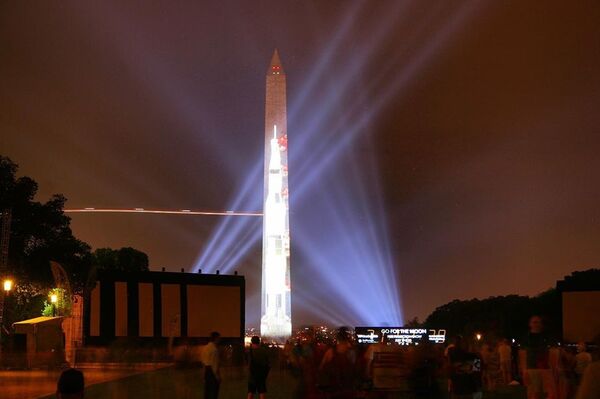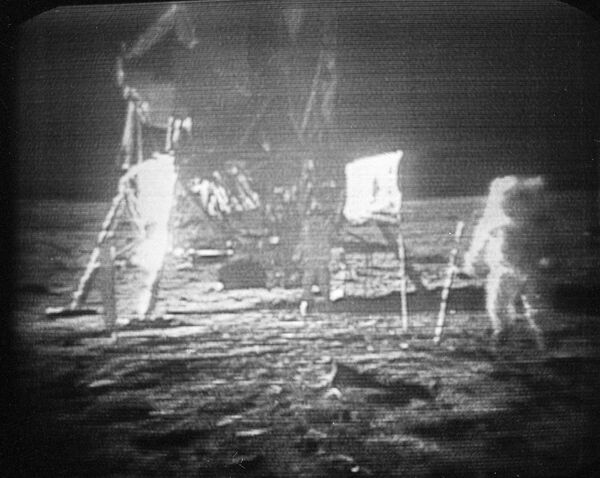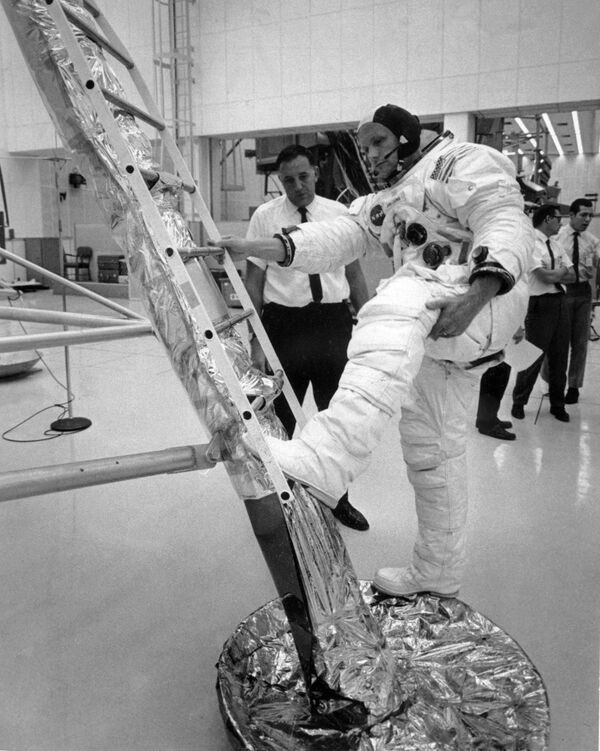NASA administrator Jim Bridenstine said on 14 July he was still hoping for support from Russia in implementing the ambitious US Artemis lunar program, reported Reuters.
The American space agency has been in talks about it building an airlock for the Lunar Gateway, a small space station in orbit around the Moon - a key piece of the American “Artemis” program.
Speaking in an interview with the agency Bridenstine emphasized that “the relationship between NASA and Roscosmos is solid” and vowed that international partners would be granted a key role in the National Aeronautics and Space Administration’s plan to bring humans to the surface of the Moon by 2024 and install a space outpost in lunar orbit.

“I’ve got a good relationship with Dmitri Rogozin, so I’m hopeful that there are opportunities for us to continue to collaborate,” said Bridenstine, referring to the general director of Russia’s state space corporation Roscosmos.
The comment by the NASA administrator follows an interview with Rogozin in Russia’s Komsomolskaya Pravda on Monday, where he likened the US lunar project to NATO.
“It's more of a political project for the US now… With the lunar project, we are witnessing the departure of our American partners from the principles of cooperation and mutual support that have developed with the ISS… Frankly speaking, we are not interested in participating in such a project,” said Rogozin.
Earlier in May, Rogozin responded to leaked reports of the US administration’s new international pact, the “Artemis Accords”, which would allegedly provide a framework under international law for companies to own the resources they extract from the moon.
The head of Roscosmos branded the suggested American plans of "moon mining" and creating "safety zones" on Earth's natural satellite as a “political project” and an “invasion method" that sought to "head to the goal" no matter who may be against it, drawing parallels with the US presence in Iraq and Afghanistan.

Later, on 15 May the Trump administration unveiled the Artemis Accords, containing the “bedrock principles” of its Artemis program, which aims to land two astronauts near the lunar south pole in 2024 and establish a “sustainable human presence on and around the moon by 2028”.
The US said it welcomed agreements with “like-minded” countries to help build a long-term presence on the moon.
It’s a new dawn for space exploration! Today I’m honored to announce the #Artemis Accords agreements — establishing a shared vision and set of principles for all international partners that join in humanity’s return to the Moon. We go, together: https://t.co/MnnskOqSbU pic.twitter.com/aA3jJbzXv2
— Jim Bridenstine (@JimBridenstine) May 15, 2020
"International space agencies that join NASA in the Artemis program will do so by executing bilateral Artemis Accords agreements, which will describe a shared vision for principles, grounded in the Outer Space Treaty of 1967, to create a safe and transparent environment which facilitates exploration, science and commercial activities for all of humanity to enjoy," NASA officials wrote in a statement.



